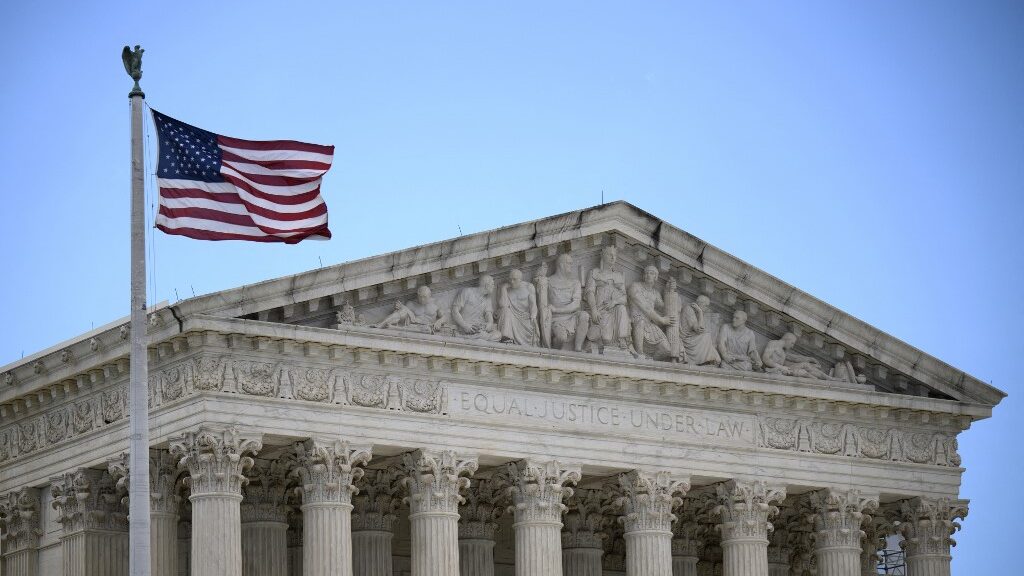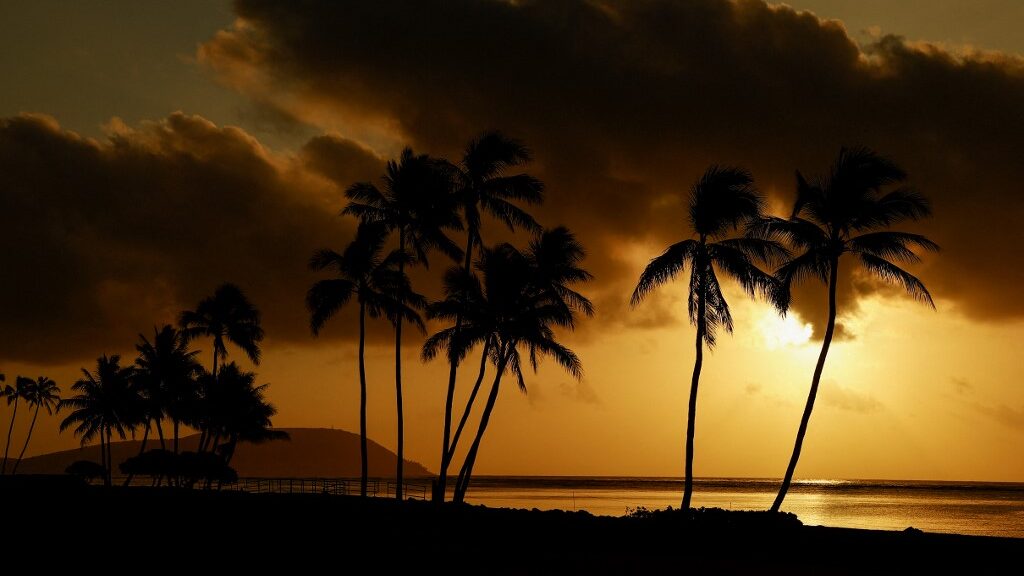
Florida’s current situation with sports betting and its top-rated sportsbooks remains unchanged.
The Supreme Court has decided not to review the legal challenge by West Flagler and Associates against the agreement between the Seminole Tribe of Florida and the state.
“The Seminole Tribe of Florida applauds today’s decision by the U.S. Supreme Court to decline consideration of the case involving the Tribe’s Gaming Compact with the State of Florida,” the Seminole Tribe said in a statement. “It means members of the Seminole Tribe and all Floridians can count on a bright future made possible by the Compact.”
The chances of the case being heard by the Supreme Court were always low since the Court only accepts a small number of petitions.
What the SCOTUS Ruling Means in Florida
By refusing to hear the case, the Supreme Court leaves in place a decision by the DC Circuit US Court of Appeals. This decision says that agreements under the Indian Gaming Regulatory Act (IGRA) can include online gaming off tribal lands, as long as the state agrees and it’s legal under state law.
This means the Seminole Tribe can keep offering online sports betting in Florida through its Hard Rock Bet app. This ruling might also let tribes across the country include online gaming in their agreements with states if state law allows it. The Seminoles might consider expanding their gambling options to include online casinos in Florida.
The agreement granting exclusive rights for retail and online betting is a 30-year deal that will end in 2051.
Scott Crowell, an attorney with extensive experience in tribal law, especially in California and Arizona, told PlayUSA, “The recent ruling was anticipated yet is still greatly appreciated, as it confirms the tribes’ right to provide mobile gaming across the state per IGRA. The argument put forth by Florida’s card rooms, suggesting that IGRA might block tribes from engaging in the rapidly growing segment of the gaming market, would have completely contradicted the original purpose Congress had when enacting IGRA.”
West Flagler Still Has Legal Options
The ruling marked a significant defeat for West Flagler Associates and Bonita-Fort Myers Corp., Florida-based operators of racetracks and poker rooms that filed the suit. They contend that the compact unlawfully grants exclusive sports betting rights to the tribe, creating a monopoly in one of the country’s most populous states. But their fight may not be over.
Legal expert Daniel Wallach told SBC Americas that West Flagler still has a few options to continue their legal battle now that the Supreme Court option is unavailable. First, West Flagler could file a new federal lawsuit arguing that the compact breaches the Equal Protection Clause—a point previously raised by Justice Brett Kavanaugh. Alternatively, they could challenge the Department of the Interior’s (DOI) role in implementing the compact through a new federal lawsuit. Finally, they could present a constitutional challenge in the Florida state court.
The Status Quo Remains… For Now
Experts believe the Supreme Court’s verdict may solidify the tribe’s dominance over sports betting for an extended period. “For the foreseeable future, the status quo will remain in place, for at least several years, if not 30,” said Wallach.














